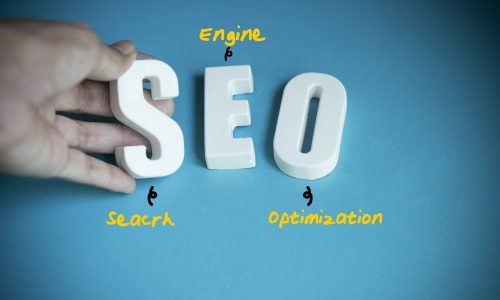What is Internet Marketing?
Published by Tmatnetwork
Understanding Internet Marketing
Internet marketing, also known as online marketing, is the practice of promoting products or services through digital channels. These channels include search engines, social media platforms, email, websites, and online advertising. The goal is to reach potential customers where they spend most of their time—on the internet.
Why Internet Marketing Matters
In today’s digital-first world, internet marketing is no longer optional. Consumers research, compare, and purchase online. Businesses that lack a solid online presence risk being invisible to their audience. Internet marketing allows brands to connect directly with users, build trust, and drive conversions.
Key Components of Internet Marketing
- Search Engine Optimization (SEO): Boosts website visibility on search engines like Google by improving site content, speed, and structure.
- Content Marketing: Involves creating valuable content—such as blogs, videos, and guides—that attract and retain an audience.
- Email Marketing: A cost-effective way to nurture leads and engage customers through personalized email campaigns.
- Social Media Marketing: Promotes brand awareness and engagement through platforms like Facebook, Instagram, and LinkedIn.
- Pay-Per-Click Advertising (PPC): Paid ads that drive immediate traffic from platforms like Google Ads and social networks.
- Affiliate Marketing: Partners promote your products on their platforms in exchange for a commission.
Benefits of Internet Marketing
Here are a few reasons why businesses embrace internet marketing:
- Global Reach: Connect with a worldwide audience without the limitations of geography.
- Cost-Effectiveness: Lower cost compared to traditional marketing channels like TV or print.
- Measurable Results: Tools like Google Analytics allow you to track campaigns in real-time.
- Improved Customer Targeting: Reach specific demographics based on behavior, interests, and location.
- Increased Engagement: Interactive content and social channels foster real-time communication.
Real-World Examples
A local bakery may use Instagram to showcase new pastries and drive foot traffic. An online store can leverage email newsletters to offer discounts to returning customers. Meanwhile, a consulting firm might use SEO to rank for keywords that attract high-value clients.
Conclusion
Internet marketing is a dynamic and essential part of any modern business strategy. With the right approach, it helps businesses grow, build relationships, and stay competitive in an ever-evolving digital landscape. Whether you’re a startup or an established brand, understanding and investing in internet marketing is a smart move for long-term success.




